In a recent presentation at the Skydio Ascend Event, CEO Adam Bry attempted to address mounting criticisms of the company’s dramatic shift from consumer drones to the defense and first responder markets. But what he glossed over was the true nature of Skydio’s aggressive lobbying efforts against industry leader DJI. While Bry acknowledged Skydio’s lobbying team, he downplayed their role in pushing for legislation that could effectively ban their biggest competitor.
“Yes, Skydio does have a lobbying team,” Bry admitted. But he claimed their focus was primarily on “budgets for our customers to build and scale programs” and shaping regulatory frameworks. What he didn’t mention was how these efforts are aimed at creating an uneven playing field, potentially pushing out DJI – a company that has consistently delivered capable, affordable drones to a wide range of users.
Skydio’s pivot goes beyond mere market repositioning – it’s a calculated strategy to reshape the U.S. drone landscape through aggressive lobbying and regulation, rather than solely competing on product merit. Once celebrated for its AI-powered consumer drones, Skydio has become one of the loudest voices calling for restrictions on Chinese-made drones, particularly industry leader DJI. This approach raises serious concerns about fair competition and the future of innovation in the drone sector.
While national security is a valid concern, Skydio’s tactics blur the line between protecting American interests and stifling competition. The company’s efforts to influence legislation could create an artificially restricted market, potentially limiting options for consumers and professionals alike. This shift highlights the delicate balance between addressing security issues and maintaining a thriving, innovative Drone Industry in the U.S.
Let’s delve deeper into Skydio’s journey from consumer darling to political powerhouse, examining the implications of their strategy for the increasingly politicized drone market.
The Rise and Fall of Skydio’s Consumer Dreams
In 2018, Skydio initially captured the imagination of drone enthusiasts with the R1, a concept drone that showcased impressive AI capabilities. This was followed by the Skydio S2, aimed squarely at the consumer market. However, the company’s ambitious foray into consumer drones was plagued by a series of setbacks, most notably the incredibly long wait times – stretching up to a year for some customer orders.
Unable to compete effectively with industry giants like DJI and Autel, who had already established strong footholds in the consumer drone space, Skydio made a strategic pivot that would alter its trajectory dramatically.
From Consumer Tech to Military Might
Recognizing its struggles in the consumer sector, Skydio made the calculated decision to abandon the market in favor of the more lucrative – and less competitive – defense and first responder sectors. This move allowed the company to charge higher prices for its products and, through intensive lobbying efforts, attempt to insulate itself from the competition that had bested it in the consumer arena.
Bry openly acknowledged Skydio’s lobbying activities during his presentation, stating, “Yes, Skydio does have a lobbying team.” He claimed their focus is primarily on “budgets for our customers to build and scale programs” and shaping regulatory frameworks. However, it’s difficult to ignore the fact that these efforts also serve to protect Skydio from competition, particularly from foreign manufacturers.
The Lobbying Game: Skydio vs. DJI
In his presentation, Bry pointed out that their “competitor outspends us by a factor of four in lobbying,” likely referring to DJI. However, this statement fails to capture the full picture of Skydio’s lobbying efforts and their impact on the industry.
What Bry didn’t mention is that Skydio’s lobbying has significantly contributed to the growing threat of a DJI ban in the United States. This push against foreign-made drones, while wrapped in the language of national security, has raised eyebrows among industry observers.
The DJI Dilemma: Capability vs. Origin
DJI drones are widely regarded as capable, affordable, and user-friendly. They’ve become the go-to choice for many consumers, professionals, and even some government agencies due to their reliability and advanced features. In contrast, Skydio’s offerings, while boasting impressive autonomous flight capabilities, have been criticized for lagging in other areas of technology and features.
Moreover, Skydio drones are significantly more expensive and less widely available than their DJI counterparts. This price difference and limited availability could pose significant challenges for organizations looking to adopt or expand their drone programs.
Bry emphasized the national security concerns surrounding foreign-made drones, stating, “To accept a future where we’re dependent on our geopolitical adversaries for technology this critical would be completely insane.”
While this is a valid concern in certain contexts, it’s worth noting that a blanket ban on DJI could have far-reaching and potentially detrimental consequences for the drone industry and its users. Especially in the short term, a DJI ban is likely to cost lives among First Responders and will hinder Search and Rescue teams’ abilities to save the lives of people in danger.

The Unintended Consequences of Protectionism
If Skydio’s lobbying efforts succeed in pushing through a ban on DJI drones, the repercussions could be significant. First responders, law enforcement agencies, and other organizations that rely on affordable and capable drones may find themselves priced out of the market or forced to work with less capable technology.
DroneXL’s Take
At DroneXL, we wholeheartedly support the development of a strong U.S. drone industry. Innovation, competition, and technological advancement are crucial for the growth of this sector. However, we believe that lobbying for bans on capable and affordable drones like those from DJI could ultimately harm the very first responders and agencies Skydio claims to support.
Instead of pushing for outright bans based on a drone’s country of origin, we advocate for the implementation of robust security standards that make a drone’s country of origin irrelevant. We should be encouraging U.S. manufacturers to innovate and truly compete with global leaders, rather than relying on protectionist policies that may stifle innovation and limit options for end-users.
As we’ve seen in recent developments in drone technology, the focus should be on pushing the boundaries of what’s possible, not limiting options for users. The drone industry is rapidly evolving, and we need policies that foster innovation and fair competition, not those that create artificial monopolies.
The future of the drone industry lies in open competition, technological advancement, and a focus on meeting the needs of users across all sectors. While national security concerns are valid and should be addressed, they shouldn’t be used as a smokescreen for anti-competitive practices.
Skydio’s journey from consumer drone maker to defense industry player is a fascinating case study in market adaptation and the power of lobbying. As the company continues to shape its future – and potentially the future of the entire U.S. drone industry – it’s crucial that we remain vigilant and critical, ensuring that progress and innovation aren’t sacrificed in the name of protectionism.
What are your thoughts on Skydio’s approach and the future of the U.S. drone industry? Do you think banning foreign drones is the right move, or should we focus on creating universal security standards? Share your perspective in the comments below – your input is valuable in this ongoing industry debate.
Discover more from DroneXL.co
Subscribe to get the latest posts sent to your email.



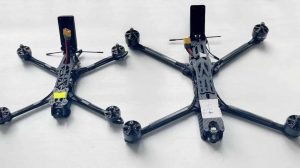




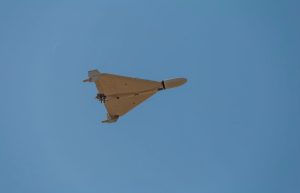





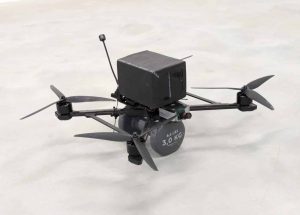
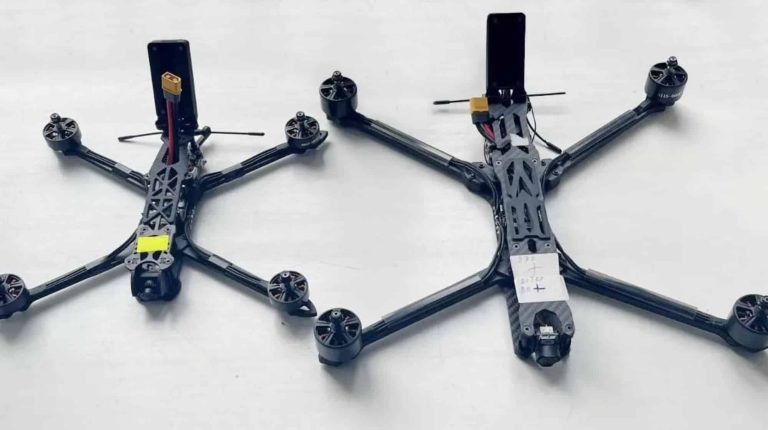
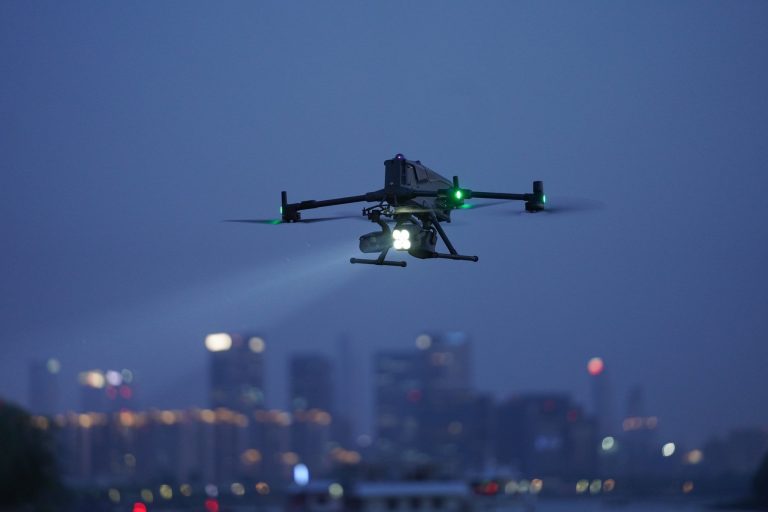



+ There are no comments
Add yours